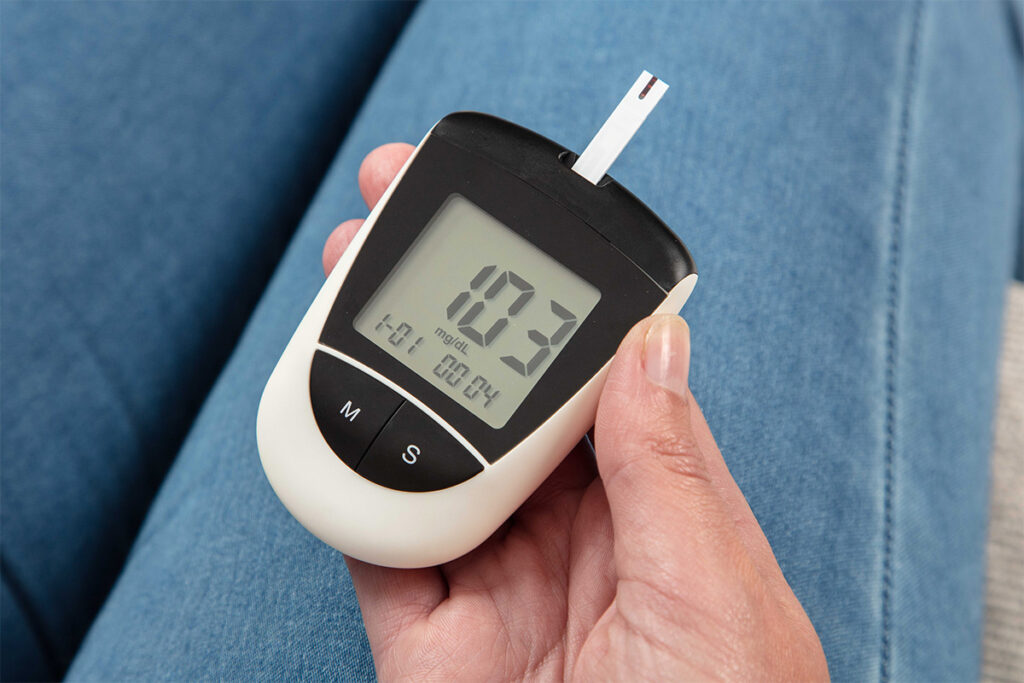Monitoring blood sugar is essential to managing diabetes. Accurate readings are essential for making informed decisions about diet, exercise, and medication. However, recent reports indicate that some Abbott blood sugar monitors may give incorrect readings, raising concerns among users and healthcare professionals alike.
Understanding Blood Sugar Monitors
Meters that test blood glucose levels are often known as blood sugar monitors or glucose meters. These devices are indispensable for people with diabetes as they provide real-time data on blood sugar levels, helping to prevent complications associated with hyperglycemia and hypoglycemia.
The Importance of Accurate Readings
Accurate blood sugar readings are vital for managing diabetes effectively. Incorrect readings can lead to inappropriate insulin dosing, dietary adjustments, and other treatment decisions, potentially resulting in serious health consequences. Therefore, the reliability of glucose monitors cannot be overstated.
The Issue with Some Abbott Blood Sugar Monitors
Recent concerns have surfaced about the accuracy of some Abbott blood sugar monitors. These issues primarily relate to certain models that may give incorrect readings, causing significant worry among users who rely on these devices for day-to-day diabetes management.
Identifying Affected Models
Not all Abbott blood sugar monitors are problematic. The reports specify certain models that have been flagged for potential inaccuracies. Users need to identify if their device is among those reported to give incorrect readings. The Impact of Incorrect Readings
Incorrect blood sugar readings can lead to various problems, including:
Inaccurate Insulin Dosing
Incorrect readings can cause users to administer the wrong amount of insulin, leading to either hypoglycemia or hyperglycemia.
Dietary Errors
Users may make inappropriate dietary choices based on faulty readings.
Compromised Health
Over time, consistently inaccurate readings can contribute to poor diabetes management, increasing the risk of complications such as neuropathy, retinopathy, and cardiovascular issues.
Investigating the Causes
Understanding why some Abbott blood sugar monitors may give incorrect readings is essential for addressing the problem. Possible causes include:
Technical Glitches
Issues in the meter’s software or hardware could lead to inaccuracies.
Environmental Factors
External factors like temperature and humidity can sometimes affect meter performance.
User Error
Incorrect usage, such as not following the manufacturer’s instructions, can also result in erroneous readings.
Manufacturer Response
Abbott has responded to these concerns by investigating the reported issues. They are working to identify the root causes and provide solutions to ensure users receive accurate readings from their blood sugar monitors.
More Read About: Impact of CGMs & Digital Solutions on Diabetes Care
Ensuring Accurate Blood Sugar Readings
While Abbott addresses these concerns, users can take steps to ensure they get accurate readings from their blood sugar monitors.
Best Practices for Using Blood Sugar Monitors
Regular Calibration
Ensure the meter is calibrated as per the manufacturer’s instructions.
Proper Storage
Store the device and test strips in a cool, dry place to prevent damage.
Consistent Technique
Use a consistent technique when testing blood sugar levels to avoid variations.
Regular Maintenance
Clean and maintain the device regularly to keep it functioning correctly.
Verifying Readings
If you suspect your Abbott blood sugar monitor is giving incorrect readings, you can verify its accuracy by:
Compared with Laboratory Tests
Compare your meter’s readings with results from a professional laboratory test.
Using Control Solutions
Use control solutions to check the accuracy of your glucose meter.
Consulting Healthcare Providers
If you continue to experience issues with incorrect readings, consult your healthcare provider. They can help determine if the problem lies with the device or if other factors might be affecting your blood sugar levels.
Alternatives to Abbott Blood Sugar Monitors
While Abbott works on resolving these issues, users might consider exploring alternative blood sugar monitors. Many reliable brands offer accurate and user-friendly devices that can serve as substitutes.
Popular Alternatives
Dexcom
Known for its continuous glucose monitors, which provide real-time data and high accuracy.
Freestyle Libre
Offers a flash glucose monitoring system that is user-friendly and provides accurate readings.
OneTouch
Provides a range of blood sugar monitors that are known for their reliability and ease of use.
Conclusion
The reports indicating that some Abbott blood sugar monitors may give incorrect readings have raised significant concerns. Accurate blood sugar monitoring is crucial for effective diabetes management, and any potential inaccuracies can have serious implications for health and treatment. While Abbott works to address these issues, users must stay vigilant, follow best practices, and consult healthcare professionals to ensure they maintain accurate blood sugar monitoring.
By staying informed and proactive, you can effectively manage your diabetes and mitigate the risks associated with incorrect blood sugar readings. Recall that your health and welfare depend on the accuracy of your blood sugar monitor.


